Events Archive
Event Archive
Agora Tar Heel Town Hall: Which issues matter to young people, and how can we inspire them to vote?
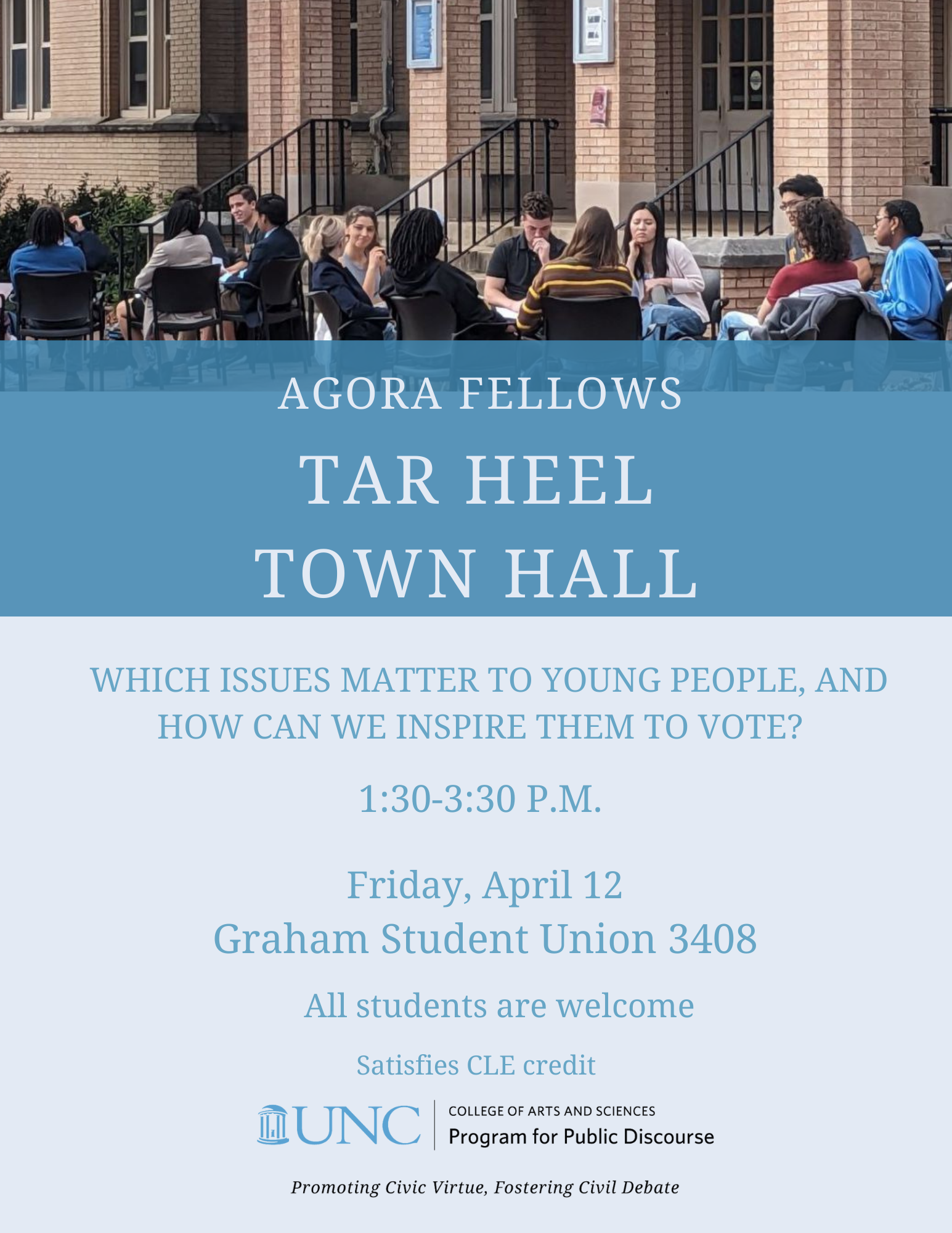
Nadine Strossen: Free to Speak

Strossen will deliver a lecture on free speech in the United States as part of George Mason University's Voices for Liberty Initiative, which is examining the role free speech has played and continues to play in advancing civil rights in America, particularly for historically disadvantaged and/or socially marginalized groups. Registration Link
Abbey Speaker Series: The Politics of the Israel-Palestine Conflict
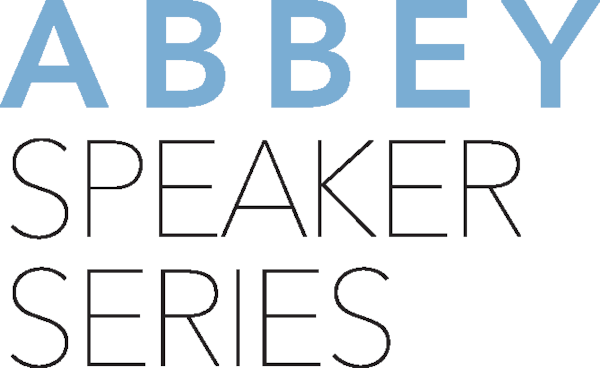
This event requires tickets. Tickets are free and over 300 tickets will be available to the public at the Carolina Union Box Office starting at 4 pm the day of the event. Only one ticket will be issued to each guest. Unfortunately, tickets are limited so you should arrive early to secure a seat. Tickets will be issued digitally via email or phone number and must be presented for entry. We will reserve a limited number of advance tickets for people traveling from out of town. Please email publicdiscourse@unc.edu for a reservation. We are no longer reserving tickets via email. Please go to the Union box office after 4pm on 2/21 to secure your tickets.
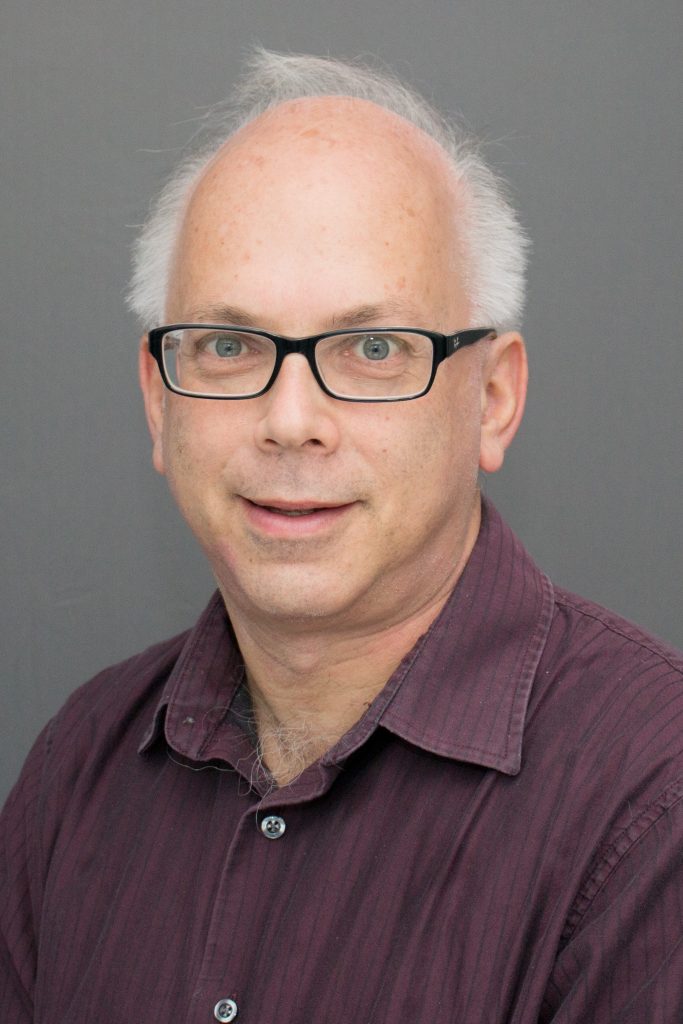
Jeff Spinner-Halev teaches political theory in the department of political science at the University of North Carolina at Chapel Hill, where he is the Kenan Eminent Professor of Political Ethics. He has a B.A. and PhD from the University of Michigan, both in political science. He regularly teaches the course at Carolina on the Ethics of Peace, War and Defense. His research focuses on the tensions that arise within contemporary liberal and democratic theory, and between theory and practice. His most recent book (co-authored with Elizabeth Theiss-Morse) is Respect and Loathing in American Democracy: Polarization, Moralization, and the Undermining of Equality (Chicago: University of Chicago Press, forthcoming).
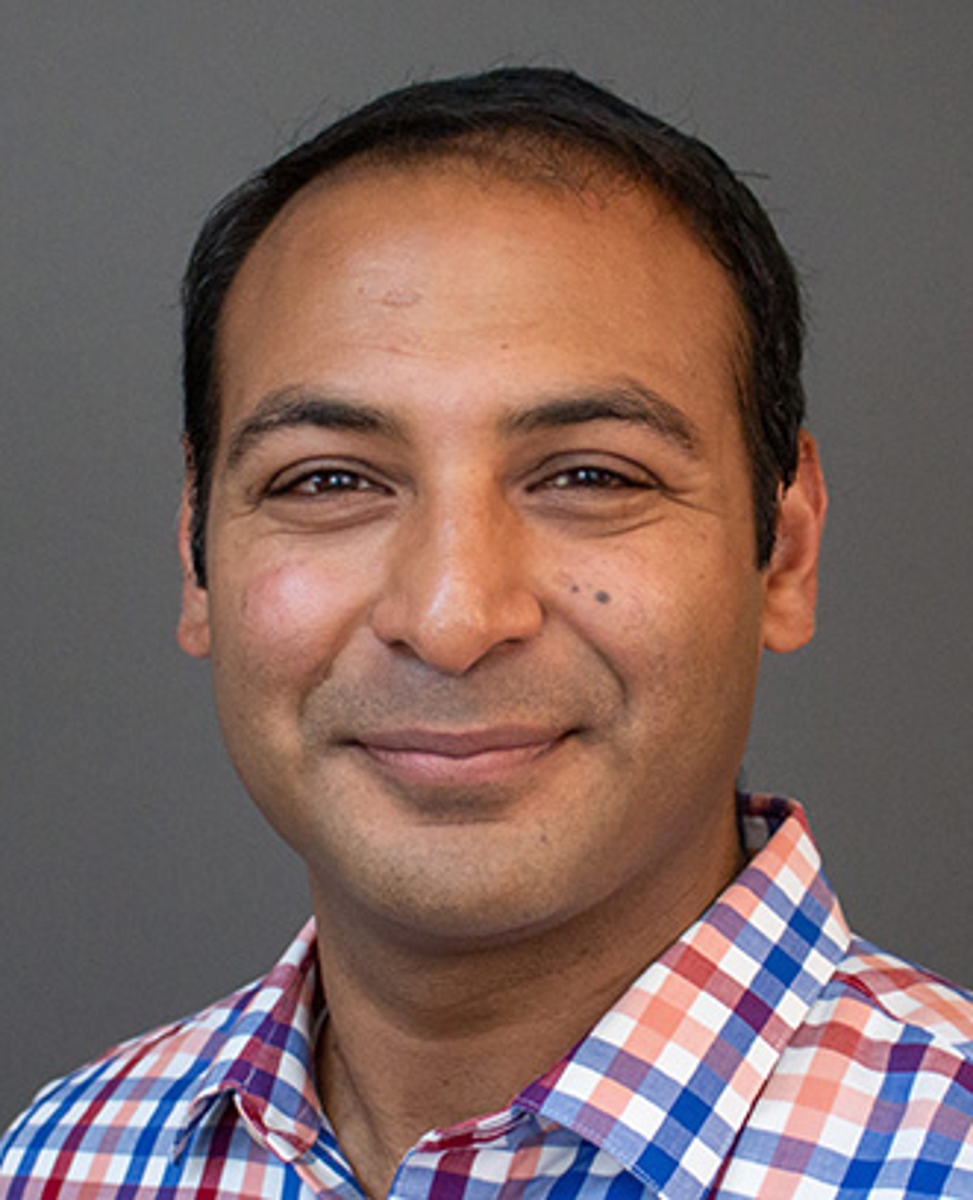
Academia and the Anxious Generation: How Universities Lost the Trust of America
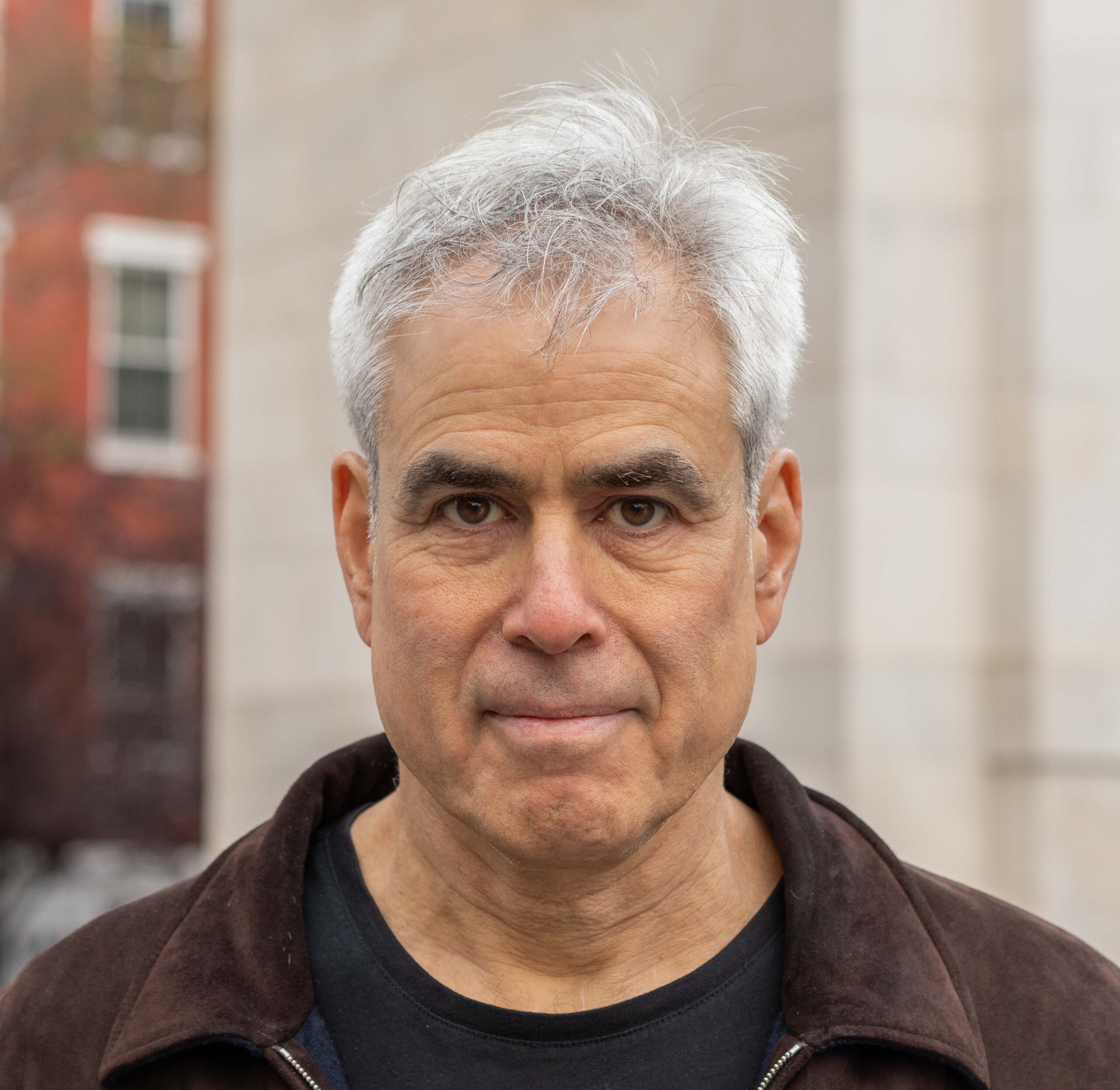
Agora Tar Heel Town Hall: Student Perspectives on Campus Protest (Students Only)
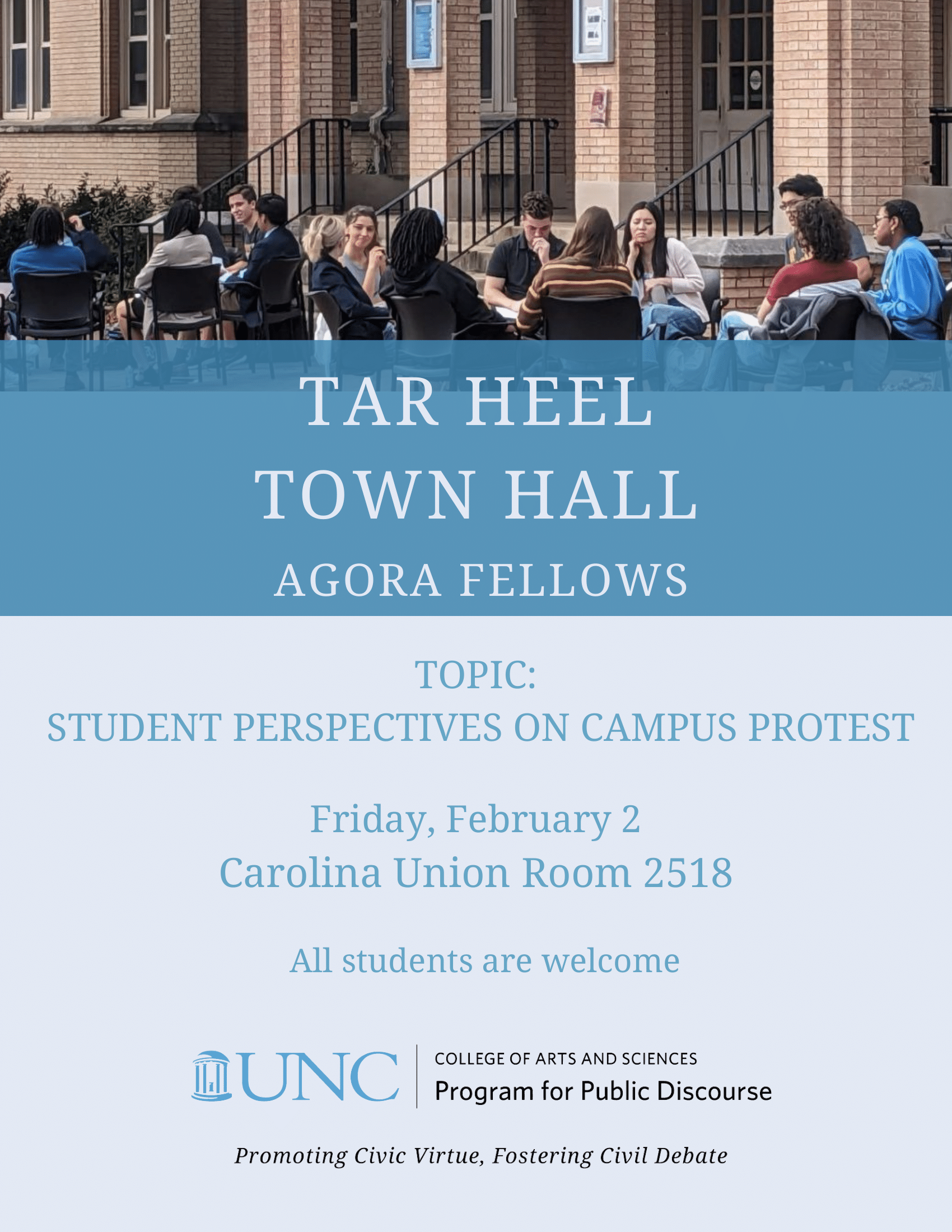
Intertwined Histories of Social Justice within Middle Eastern American and African American Communities: A Conversation with Dr. Cornel West
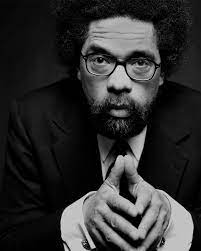
Abbey Speaker Series: Frank Bruni and Bari Weiss in Conversation

On January 22nd, 2024, at 7:00 pm, veteran journalists and former colleagues Frank Bruni and Bari Weiss reunite for a discussion of objectivity in journalism, as part of the Program for Public Discourses’ Abbey Speaker Series, co-sponsored by Carolina Alumni. Weiss is the founder and editor of The Free Press and host of the podcast Honestly. Bruni has been a journalist for more than three decades, including more than twenty-five years at The New York Times, the last ten of them as an op-ed columnist who appeared frequently as a television commentator. This event is open to the public and does not require registration. Pizza will be served after the event and students can earn CLE credit. We expect large crowds for this event. We will begin handing out tickets to people in line at 5:45 at the Union Box Office. Doors open at 6:30. You can no longer reserve seats via email.

Weiss is the winner of the LA Press Club's 2021 Daniel Pearl Award for Courage and Integrity in Journalism. She is also the winner of the Reason Foundation’s 2018 Bastiat Prize, which honors writing that “best demonstrates the importance of freedom with originality, wit, and eloquence.” In 2019, Vanity Fair called Weiss the Times's "star opinion writer."
Weiss is a proud Pittsburgh native. Her first book, “How to Fight Anti-Semitism,” was the winner of a 2019 National Jewish Book Award. She lives with her wife and daughter in Los Angeles.
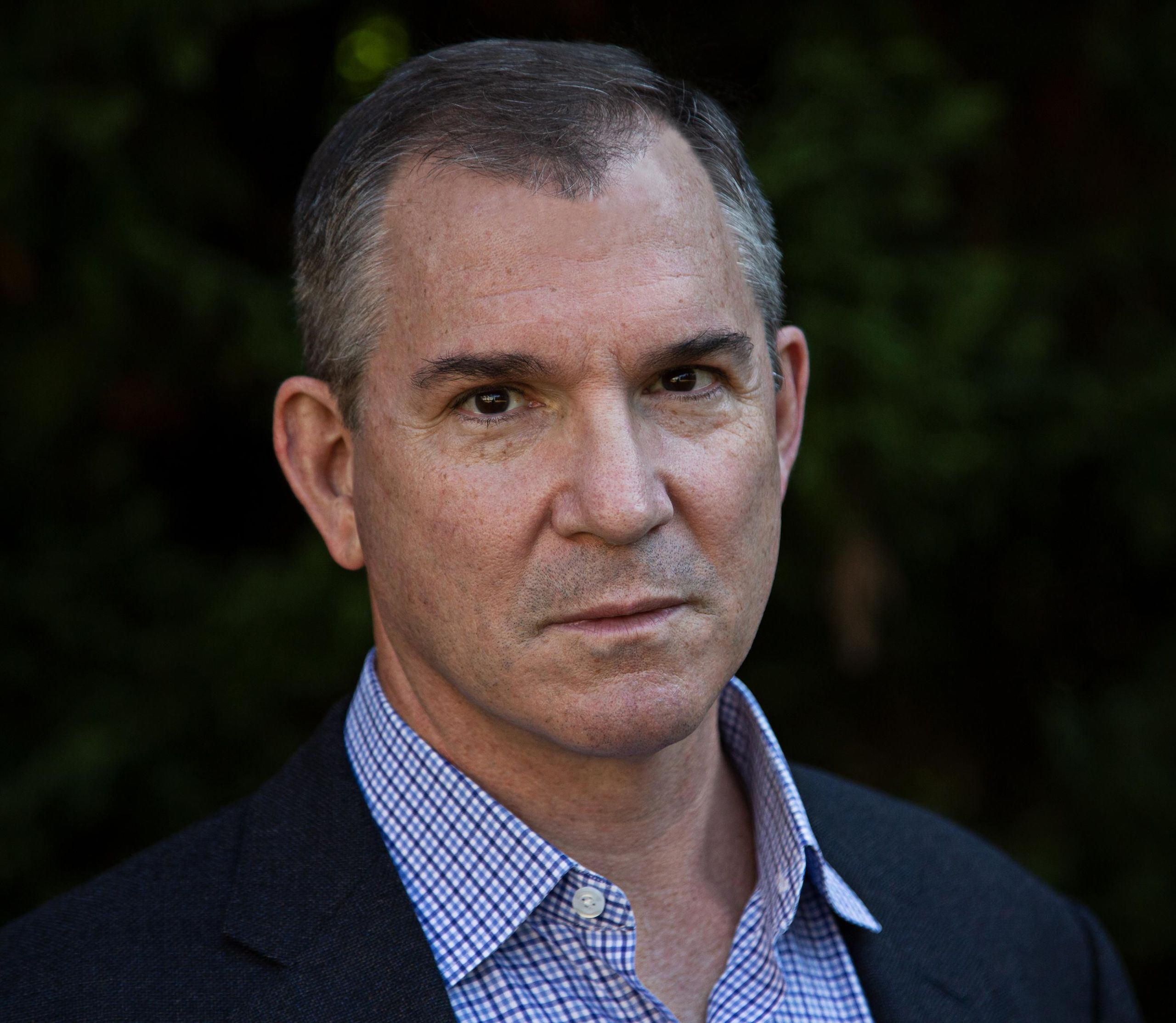
Speak Up! The Annual Speech Competition at UNC
Tar Heel Town Hall: What is Our Responsibility to Diversity at UNC After Affirmative Action? (for undergraduates)

